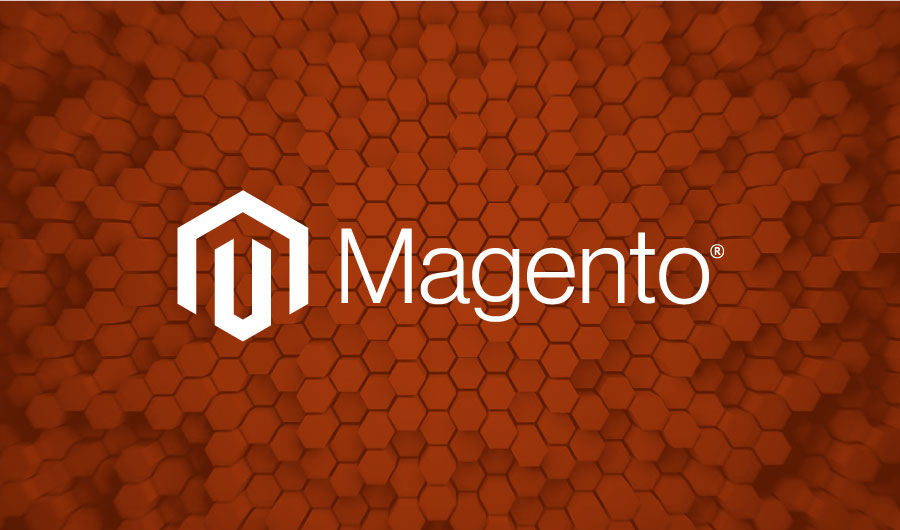The use of eCommerce sites has exploded over the past few years.
But if there’s one thing that was making waves long before this burgeoning trend, it’s the Magento platform.
The open-source tool has been around for more than a decade. And it had such an extreme effect early on that it was purchased by eBay only three years after its release.
A great deal has happened since then, however, and you’ll notice that huge developments are still occurring in the world of Magento.
What about the one ginormous news item? We’ve saved the best for last…
1. Adobe Acquires Magento
In what may be the biggest recent development related to Magento, the multinational software company Adobe closed a $1.68 billion deal to purchase the platform. It will be integrated into the Adobe Experience Cloud to improve personalized shopping.
It’s worth noting that, even though it’s now part of Adobe’s software suite, a standalone product will still be available for purchase. Additionally, the open source version of the program will remain available for free use.
2. Recognized as Top Commerce Solution
When Internet Retailer’s recent list of Top 500 leading commerce solutions was released, you could’ve assumed that Magento would land somewhere on the list. To no surprise to eCommerce experts, the platform landed right at the top.
It’s worth noting that this isn’t the first time Magento has held the top spot. In fact, this is the sixth year in a row that the platform has laid claim to the honor. A full 72 percent of online sales in 2017 are attributed to the Top 500, and topping out the list proves again that Magento is a force to be reckoned with
3. Hacks Reveal Consumer Error
There has been plenty of recent news coverage related to corporate hacking, data loss and the theft of financial information. In fact, breaches increased 29 percent in just the first half of 2017. If you’ve been on top of the news, you likely saw that Magento became part of this statistic in the following year.
In April 2018, it was reported that more than 1,000 Magento stores had been hacked. Unlike other data breaches that can often be blamed on corporate negligence, though, this event showcased a lack of security knowledge on the part of many eCommerce businesses.
Instead of trying to find a vulnerability within Magento itself, hackers simply used automated scripts to throw common passwords at the online stores. Since many of these eCommerce stores failed to change their passwords after installation, this brute force attack proved successful. In the end, it reminds eCommerce professionals that they should always observe appropriate security measures.
4. TruRating Launches Magento Plugin
Hailing from the United Kingdom, TruRating is an online solution that allows customers to provide real-time feedback to the companies they do business with. This gives these organizations valuable customer data, and the company has decided to expand its abilities with a Magento plugin.
By teaming up with Magento, TruRating will allow companies to go live on the platform within 15 minutes of sign-up. This will take consumer insight to a whole new level. The best part is that organizations with fewer than 10,000 annual transactions will have free access to the tool.
5. Advanced Shipping and Payments
In order to help retailers increase revenue and reduce cart abandonment, Magento has decided to integrate Vertex, Klarna and Amazon Pay into its platform. By doing so, the checkout process will be expedited along with improved security and performance. These increased capabilities will undoubtedly streamline the entire purchase process, and this will remove one of the largest predictors of lost revenue.
6. End of support announced for Magento 1
It’s official.
In a recent blog post, Magento announced that support for Magento 1 will be ending June, 2020. Depending on your version, support may include both quality fixes and security patches.
So if you’re on Magento 1, you should definitely start thinking about getting on Magento 2. And although migrating to Magento 2 seems like a daunting task, the deep native feature set far outweighs any perceived obstacles:
- All-new, intuitive backend
- Streamlined checkout
- Faster page loads
- Instant search
- Personalized shopping experience
June of 2020 may seem like a distant point on the horizon; but it will be here before you know it. And if you wait till the last minute, you’ll be joined by the tidal wave of other merchants scrambling to get their site to Magento 2 in the eleventh hour. Magento 2 developers will then be charging a premium to capitalize on desperate Magento 1 merchants.
Instead, start looking at your options and make a plan.
Magento is a powerful tool for individuals and companies interested in eCommerce. It puts control of the user experience back into the hands of regular people. Whereas many individuals may have believed the platform’s “15 minutes of fame” exhausted after separating from eBay, recent developments prove this belief to be folly.
Magento is around for the long haul, and the eCommerce world is better for it.


Leave a Reply
You must be logged in to post a comment.